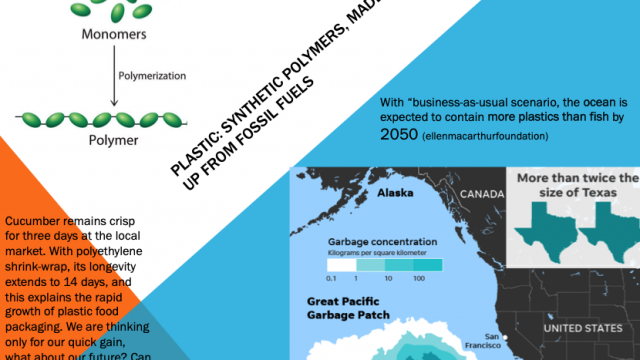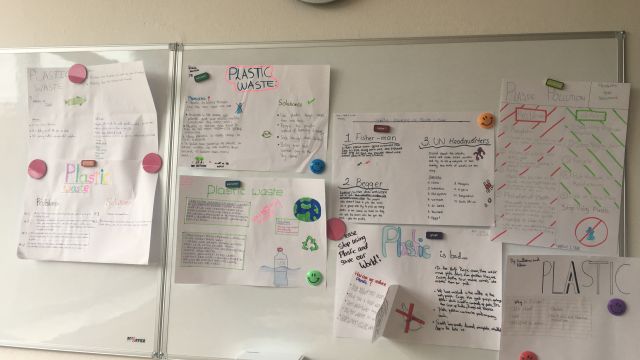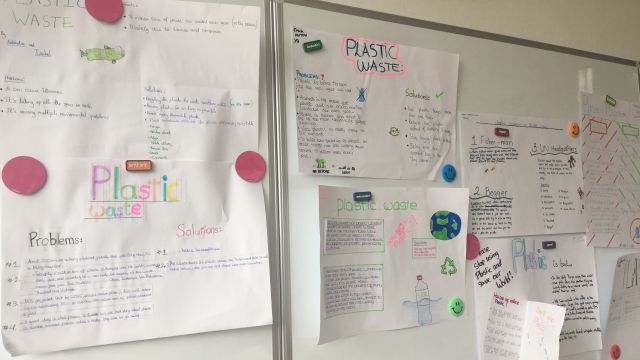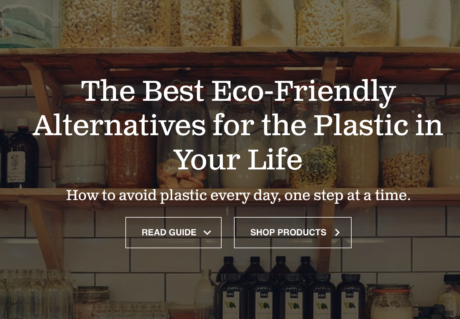Plastics are not biodegradable and often contain additives making them stronger, more flexible, and durable. Plastic litter may take at least 400 years to break down.
1 million plastic bottles are sold per minute in the world. Half of all plastics ever manufactured have been made in the last 15 years. China produces largest absolute amount of plastic and plastic wastes per year. However, Ireland is the biggest producer of plastic wastes per person. As reported by National Geographic, plastic food packaging were the most common beach trash in 2018. Read more about the scale and severity of the plastic pollution from National Geographic coverage, click here.
What is plastic?
Plastics are simply chains of ‘like molecules’ linked together. These chains are called polymers consisting of synthetic (human made) or semi-synthetic organic compounds (containing carbon). Plastic is mostly synthetic polymer. Rubber and wood are the examples of natural polymer. Proteins are natural polymers made up of amino acids. Synthetic polymers (such as plastics) are created by combining smaller molecules called monomers into a chain that holds the monomers together.
Why do we use plastic?
The term ‘’plastic’’ is derived from the Greek word ”plastikos”, meaning fit for moulding. Plastics are extremely lightweight materials with thermal and electrical insulation properties and are suitable for a wide range of consumer and industrial applications. They can easily be moulded into complex shapes. Plastics are used in almost any application that we can think of including packaging, building and construction, transport, energy, agriculture, healthcare, electronics and so on.




